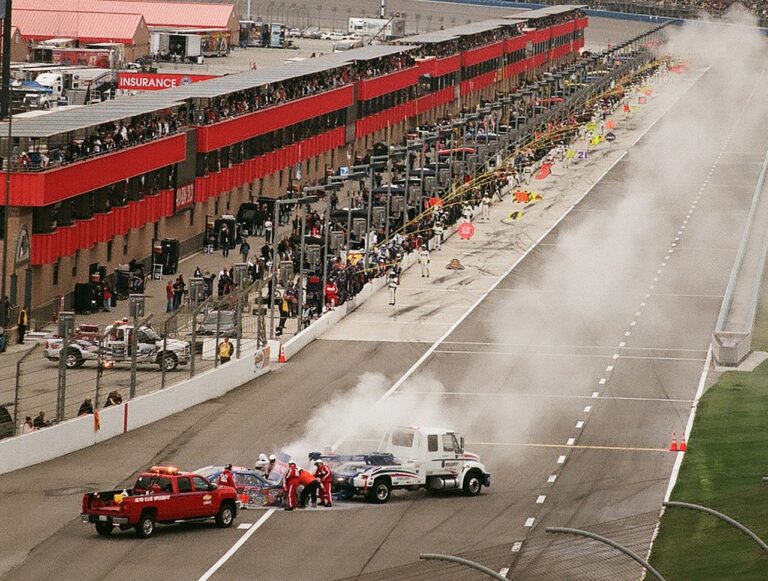Sustainable Disposal of Automotive Fluids and Chemicals
Proper disposal methods for automotive fluids and chemicals are crucial for safeguarding the environment and public health. When these substances are not disposed of correctly, they can contaminate soil, water sources, and the air, leading to detrimental effects on ecosystems and wildlife. Implementing proper disposal practices helps prevent these harmful substances from seeping into the environment and causing long-lasting damage.
By following established disposal guidelines, individuals and businesses can minimize the risk of pollution and reduce their environmental footprint. Responsible disposal also ensures that these hazardous substances do not end up in landfills or bodies of water where they can pose a threat to aquatic life and human health. Taking the time to dispose of automotive fluids and chemicals properly demonstrates a commitment to environmental stewardship and fosters a healthier, more sustainable future for all.
Potential Environmental Impact of Improper Disposal
Improper disposal of automotive fluids and chemicals can have severe consequences on the environment. When these substances are improperly discarded, they can seep into the soil and contaminate groundwater sources, posing a significant threat to surrounding ecosystems and wildlife. Additionally, the release of these harmful substances into water bodies can lead to water pollution, impacting aquatic life and overall water quality.
Moreover, the improper disposal of automotive fluids and chemicals can also contribute to air pollution. When these substances are improperly disposed of by burning or evaporation, they release harmful toxins and pollutants into the air, which can have detrimental effects on air quality and human health. It is crucial to adopt proper disposal methods to mitigate the environmental impact and protect our surroundings from the harmful consequences of improper waste management.
Common Types of Automotive Fluids and Chemicals
Motor oil is a crucial fluid used in vehicles to lubricate the engine’s moving parts, prevent overheating, and remove debris. It is essential to regularly check and change the motor oil as it can become contaminated and lose its effectiveness over time. Transmission fluid is another vital fluid in vehicles, responsible for lubricating the transmission system’s gears and facilitating smooth gear shifts. Regular inspection and replacement of transmission fluid can help prevent transmission issues and extend the system’s lifespan. Brake fluid is a hydraulic fluid that transfers force from the brake pedal to the braking system’s components, enabling the vehicle to slow down and stop effectively. It is important to maintain the proper level of brake fluid and replace it as needed to ensure optimal braking performance and safety. Antifreeze, also known as coolant, plays a crucial role in maintaining the engine’s temperature and preventing it from overheating or freezing. Regularly checking the antifreeze levels and condition is essential to avoid engine damage and ensure efficient heat transfer within the engine. Power steering fluid is responsible for lubricating and pressurizing the power steering system, making steering easier and more manageable for the driver. Monitoring the power steering fluid level and quality is important for smooth and responsive steering control.
Why is it important to properly dispose of automotive fluids and chemicals?
Proper disposal helps protect the environment from contamination and reduces the risk of harm to human health.
What are some common types of automotive fluids and chemicals?
Common types include motor oil, transmission fluid, brake fluid, coolant, and windshield washer fluid.
How can I dispose of automotive fluids and chemicals responsibly?
Many auto parts stores and service stations offer recycling programs for used fluids. You can also check with your local government for designated disposal locations.
What are some potential environmental impacts of improper disposal?
Improper disposal can lead to water pollution, soil contamination, harm to wildlife, and health risks for humans.
Can I mix different types of automotive fluids together for disposal?
It is not recommended to mix different fluids together as it can create hazardous chemical reactions. It is best to dispose of each type of fluid separately.







